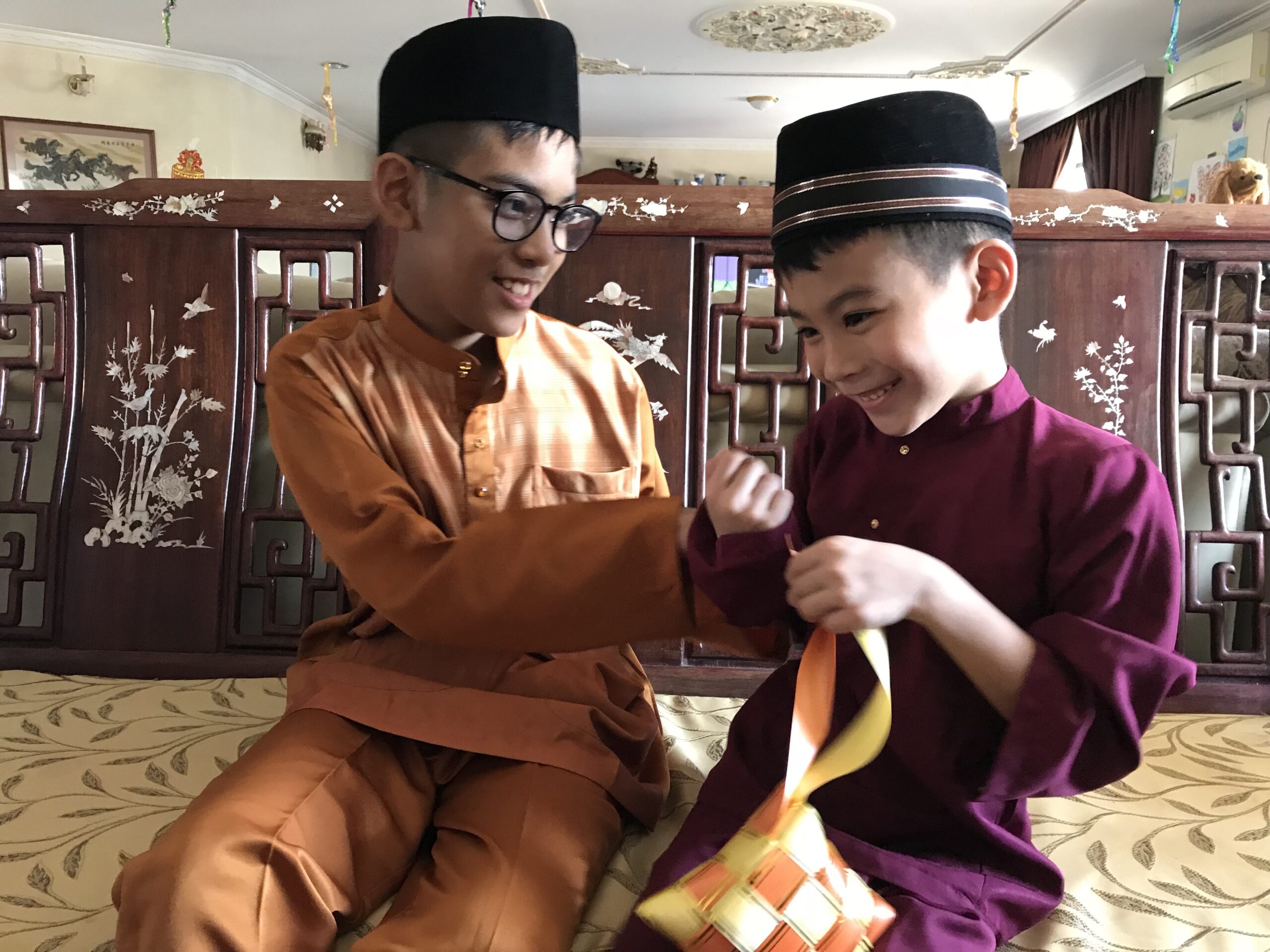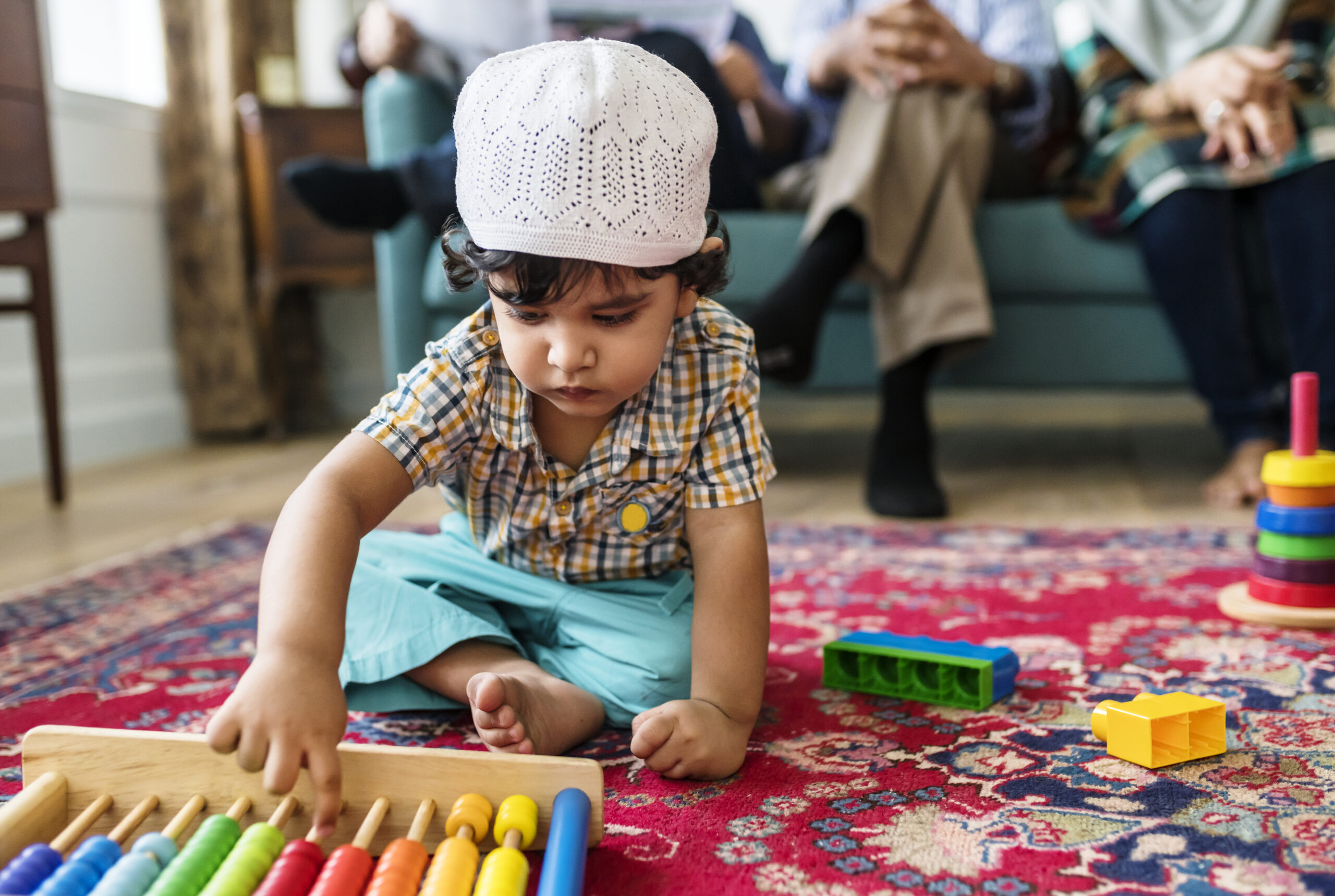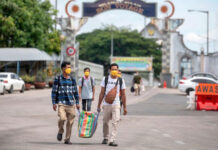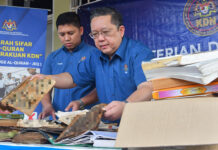Celebrating unique expressions of comfort
Navigating the festivities of Hari Raya can be a joyous but occasionally challenging experience for individuals with autism and their families.
Prior to the start of the blissful season, Society for the Management of Autism Related issues in Training, Education and Resources (SMARTER) Brunei presented a comprehensive guide to crafting an inclusive and enjoyable Raya for everyone.

So, here are practical tips and heartfelt advice to ensure that individuals with autism can fully participate in and savour the festivities, fostering a sense of belonging and togetherness within the community.
PLAN STRATEGICALLY
One of the keys to a successful and enjoyable visit is strategic planning. Before heading out, take a moment to explain to your child or sibling with autism whose house you’ll be visiting first.
Clearly communicate the departure time and how long you intend to stay. It’s crucial to stick to this schedule as closely as possible.
By providing clear expectations, you can help alleviate their anxiety and enable them to prepare mentally for the upcoming social interaction. This simple step can make a world of difference in ensuring a smooth and stress-free Hari Raya celebration for everyone involved.
ESSENTIAL COMFORTS
Ensuring that individuals with autism feel comfortable and at ease is paramount. One way to achieve this is by bringing along their favourite items – be it small toys, a familiar phone, or comforting snacks.

These cherished possessions act as ‘calming tools’, providing a sense of security and aiding in self-regulation amidst overwhelming stimuli.
GENTLE GUIDANCE
It’s crucial to extend patience and understanding, particularly to individuals with autism who may find transitions challenging. Instead of rushing them, allow them a moment to process and adjust to the changing circumstances.
QUIET HAVEN
The bustling crowds and background noise can be overwhelming for individuals with autism. The cacophony of chatter, music, and movement may heighten their sensory sensitivities, making it challenging to fully engage in the celebration.
However, there are simple strategies that can transform the experience into a more inclusive and enjoyable one.
For those with autism, stimming – a self-regulatory behaviour – can provide a sense of comfort and help them adapt to their surroundings more effectively. Stimming, often misunderstood, encompasses various behaviours such as hand-flapping, joyful noises, and repetitive movements.

For individuals with autism, stimming serves as a coping mechanism, allowing them to regulate their sensory experiences and navigate their surroundings with comfort. Whether it’s seeking deep pressure hugs or rocking back and forth, each action serves a purpose and should never be stigmatised.
Instead, it’s important to foster an environment of acceptance and understanding, celebrating the uniqueness of each individual’s expression. Providing a quiet space amidst the hustle and bustle can offer much-needed respite, allowing them to recharge and participate in the festivities at their own pace.
SUPPORTIVE ENVIRONMENT
When welcoming an autistic guest into your home during Hari Raya, extending kindness and empathy goes a long way.
Recognise that they may need time to regulate and acclimate to the festivities. Your support, understanding, and acts of kindness can make a significant difference in their experience. If your household is filled with loud music, consider lowering the volume temporarily, as some autistic guests have hypersensitive hearing that can be distressing. Additionally, be mindful that some guests may be curious about their surroundings and may appreciate knowing the location of amenities like the restroom, as this knowledge can alleviate their anxiety and provide a sense of comfort.
Understanding that accidents can occur is crucial when creating a welcoming atmosphere for individuals with autism.
It’s also important to refrain from overwhelming them with excessive instructions and to adopt calming, slow-paced tones.
These gentle approaches not only help individuals with autism remain calm and regulated but also communicate that they are in a supportive and loving environment.



















































